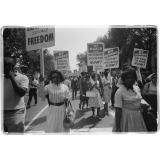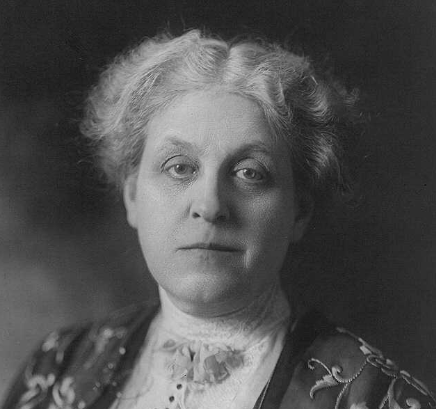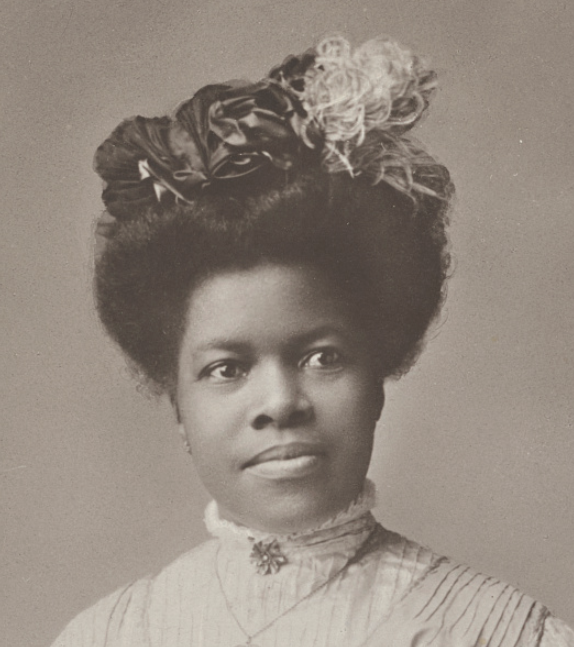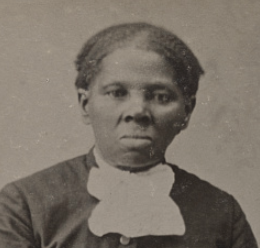by

Join us online Wednesday to meet some filmmakers:
- We Still Here introduces the incredible youth of Comerío, Puerto Rico navigating the aftermath of Hurricane Maria, a disaster that brought an unprecedented level of devastation to an island already in an economic and political crisis. (54 minutes)
- May 12: Far East, Deep South follows a Chinese American family’s search for their roots that leads to Mississippi, where they uncover surprising family revelations and the racially complex history of Chinese immigrants in the segregated South. (76 minutes)
Discuss and practice classroom applications for these additional films:
- May 19: Abacus: Small Enough to Jail tells the incredible saga of the Chinese immigrant Sung family, owners of Abacus Federal Savings of Chinatown, NY. Accused of mortgage fraud, Abacus becomes the only U.S. bank to face criminal charges during the 2008 financial crisis. (85 minutes)
We invite participants to join us in exploring these inquiries:
- What is non-extractive storytelling and how it is possible in our own work?
- How do communities and community members tell their stories?
- How do communities advocate for just storytelling?
Register here. Participants will get automatic private access to films. We will not be screening the films during the institute. Here's the online institute schedule to share widely! See you online! Email Tuyen at tntran@ucdavis.edu with any questions.
My name is Lauren and I teach grade level US History and APUSH.
I am really looking forward to Dr. Tsim Schneider's presentation about sources for teaching Indigenous Resilience in Colonial California.
I just so happen to be teaching about Indigenous history this week in my APUSH class. We are going to be discussing the historical controversy regarding California's decision to remove the statue of Junipero Serra in the U.S. Capitol. I will let you all know how it goes!
See everyone this afternoon to discuss using oral histories in our classroom! I would love to hear what ideas everyone has.
The CHSSP is co-hosting an AAPI conference titled, Teaching for Justice, that is both online (April 29) and in-person (April 30, UC Irvine campus).
We're engaging in these inquiries over the course of two days. You're welcome to one or both parts of the conference:
-
What does teaching Asian American studies look like in practice?
-
Who and what community will support my work in this area?
-
What resources (curricular, pedagogical) are available to me as I leave this conference?
Hey everyone,
Following Dr. Marquez's lecture, I came up with some ideas for using the interviews in my classroom. I was thinking of having students listen to different ones and creating illustrations such as signs that the activists would hold/held.
Another idea I had was using the interview for group projects. Each group would be tasked with creating a children's book written and illustrated for the elementary level.
Any thoughts?
First, a note of caution: The content and source material of this primary source is violent in nature and language, and includes outdated and offensive terms and images not in use today. We welcome all discussions about what is, is not, or could be appropriate for classroom instruction.
Follow this link to the source.
As a preview, this is the first paragraph:
[Citation: Minutes of the Barbados Council, The National Archives, London, UK: Pages 157-159]
Meeting of December 20, 1768
"Then HE was pleased to acquaint the Board, that since their last sitting, it having been represented to him, that the Body of a Negro who was Executed at Speight's for attempting to poison John Denny Esqr. had been attended to the Grave with unusual Pomp by Numbers of Negroes collected together for that purpose, He has thought fit to issue a Proclamation (to Discourage such outrageous Insults for the future); which was Ordered to be read, & entered in this day's Minutes, & the same being read accordingly, was unanimously approved of by the Hnble Members."
Testimonials
- I love that there is new info on the site daily!
- I had a wonderful time working with the Library of Congress and learning about all of the resources at my fingertips!
- The TPS Teachers Network has an equal exchange of ideas. You know it's not a place where you're being judged.
- My colleagues post incredibly fine resources and ideas....the caliber of the suggestions and resources make me feel that I take a lot from it. It's a takeaway. And I hope that I can give back as much as I get.
- Going into this school year, I have a fantastic new resource for my own instruction and to share with my colleagues!
- I am very glad that I discovered the TPS Teachers Network through RQI. Great resources can be hard to find out there on the internet!











